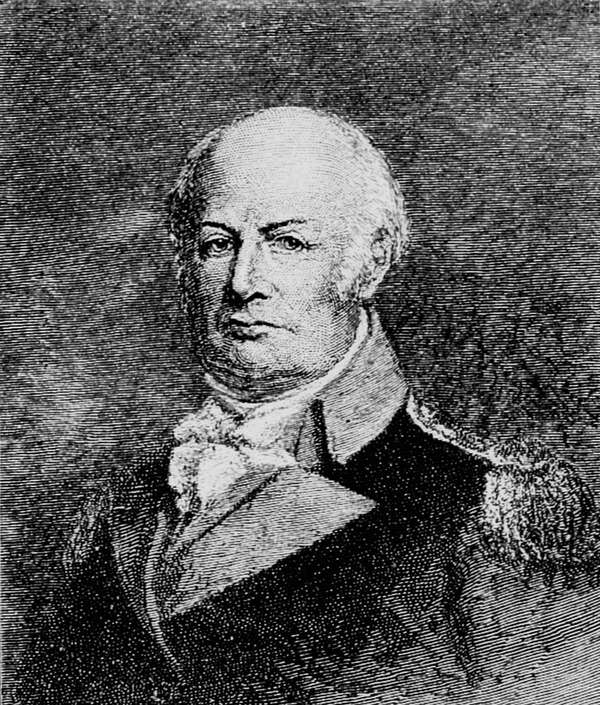About Publications Library Archives
heritagepost.org

Preserving Revolutionary & Civil War History

Preserving Revolutionary & Civil War History

William Heath (March 7, 1737 – January 24, 1814) was an American farmer, soldier, and political leader from Massachusetts who served as a major general in the Continental Army during the American Revolutionary War.
Heath made his home for his entire life at his family’s farm in Roxbury, Massachusetts (present day Jamaica Plain, Massachusetts, part of the city of Boston). He was born on a farm that had been settled in 1636 by his ancestors. He became active in the militia, and was a captain in the Suffolk County militia in 1760. By 1770 he was a colonel and its leader.
In December 1774 the revolutionary government in Massachusetts named him a brigadier general. He commanded Massachusetts forces during the last stage of the Battle of Lexington and Concord in April 1775. As the siege of Boston began, Heath devoted himself to training the militia involved in the siege. In June of that year, Massachusetts named him a major general in the state troops, and the Continental Congress made him a brigadier general in the new national army, the Continental Army.
In 1776 Heath participated in the defense of New York City, and was one of those who urged General Washington not to abandon the city. He saw action at Long Island, Harlem Heights, and White Plains. In August 1776 he was promoted to major general in the Continental Army, but Washington had doubts about Heath’s abilities and posted him where no action was expected. In November he was placed in command of forces in the Hudson River Highlands. In January 1777, Washington instructed Heath to attack Fort Independence in New York in support of Washington’s actions at Trenton and Princeton, but Heath’s attack was botched and his troops were routed. He was censured by Washington and thereafter was never given command of troops in action.
General Heath was placed in charge of the Convention Army of John Burgoyne’s surrendered troops after the Battle of Saratoga. In 1780 he returned to command the Highland Department after Benedict Arnold’s treason.
After the war, Heath was a member of the Massachusetts Convention that ratified the United States Constitution in 1788. He served in the state Senate 1791–1792, and as a probate court judge. In 1800 he was elected the Lieutenant Governor of Massachusetts, but declined the office.
He died at home in Roxbury on January 24, 1814, and was buried nearby in Forest Hills Cemetery The town of Heath, Massachusetts, is named in his honor.